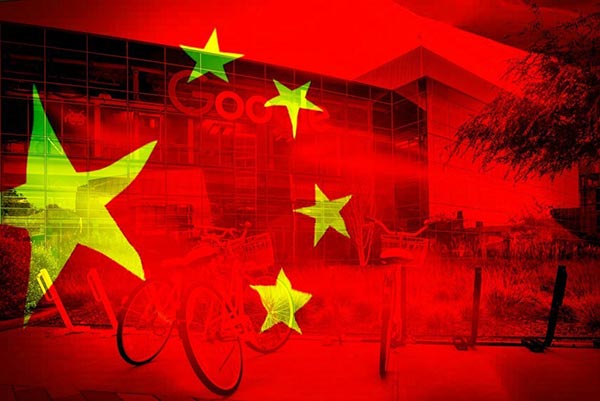Whole Foods secretly using AI tech as a weapon to squash efforts at unionization
04/30/2020 / By Ethan Huff

Internal documents obtained by Business Insider reveal that the Amazon-owned Whole Foods Market grocery chain is using high-tech artificial intelligence (AI) and other Orwellian tech tools to crack down on employee efforts to unionize.
The company is reportedly utilizing an interactive heat map that allows it to monitor all 510 store locations across the United States to keep an eye on employee activity. Based on the data collected, each store is then assigned a unionization risk score using criteria such as employee loyalty, turnover rate and ethnic diversity.
Whole Foods currently employs about 95,000 people nationwide, and many of these people presumably want the same benefits, worker rights and job protections afforded to employees at most other supermarket chains. But because the chain is now owned by Amazon, which has a history of being anti-union, Whole Foods employees face an extremely uphill battle, especially since AI is involved.
A 45-minute employee training video that was sent to Whole Foods team leaders in 2018, and later leaked, reveals that Amazon’s perspective on unionization is that it is not “in the best interest of our customers or shareholders or, most importantly, our associates.”
Amazon, in case you are unaware, recently shamed a former employee at its Staten Island facility who had protested unsafe working conditions amid the Wuhan coronavirus (COVID-19) pandemic. Not only was this employee immediately let go, but internal emails later showed that Amazon’s top lawyer attempted to smear him as “not smart or articulate” in his efforts to unionize Amazon.
The Whole Foods heat map generally tags store locations in poorer neighborhoods as having the highest risk of unionization, and especially those that have low racial and ethnic diversity, reports indicate.
For more related news about Amazon and Whole Foods Market, be sure to check out Corruption.news.
Banks and other finance businesses are using similar technology to track and punish their employees who try to unionize
Amazon and Whole Foods are not the only companies utilizing these types of draconian measures to keep their employees forever enslaved. Many banks and finance companies are doing the exact same thing, using platforms like Receptiviti.
In case you are not familiar with what this is, Receptiviti uses machine learning technology to analyze keywords in employee communications via email, Slack, Skype, and other messaging platforms. Based on what the technology pulls up, it can determine whether or not a particular office or workplace has a so-called “toxic” culture.
Amazingly, the technology can also supposedly predict how employees are going to act in the future. Researchers from two different Texas universities published an article in the Harvard Business Review last year that found it can even accurately determine when an employee is about to quit.
“We used machine learning to classify each individual as unlikely, less likely, more likely, or most likely to be receptive to new job opportunities,” they wrote.
They further explained that they were able to accumulate “potential turnover indicators” for more than 500,000 workers in the U.S. based on “personal factors tied to embeddedness that were in the public domain, such as the number of past jobs, employment anniversary and tenure, skills, education, gender and geography.”
As you have probably figured out by now, this is all 1984-like spying on and surveillance of the masses. It is being used not just in the workplace at anti-union operations like Amazon warehouses, Whole Foods grocery stores, and banks, but also on social media platforms like Facebook and Twitter.
To access more stories about how big corporations love to take advantage of their workers while making their CEOs and shareholders filthy rich, be sure to check out Evil.news.
Sources for this article include:
Tagged Under: Amazon, Amazon Foods, anti-worker, corruption, evil corporation, Glitch, Jeff Bezos, Minority Report, Orwellian, privacy watch, surveillance, tech, technology, unionization, unionize, Whole Foods
RECENT NEWS & ARTICLES
COPYRIGHT © 2017 BigTech.news
All content posted on this site is protected under Free Speech. BigTech.news is not responsible for content written by contributing authors. The information on this site is provided for educational and entertainment purposes only. It is not intended as a substitute for professional advice of any kind. BigTech.news assumes no responsibility for the use or misuse of this material. All trademarks, registered trademarks and service marks mentioned on this site are the property of their respective owners.



















